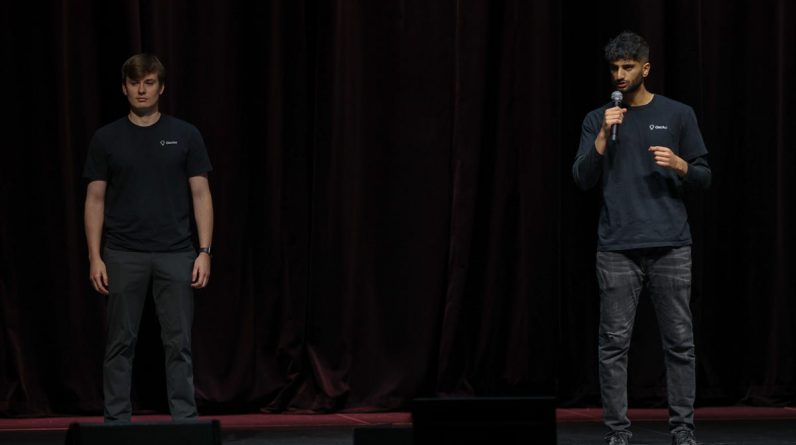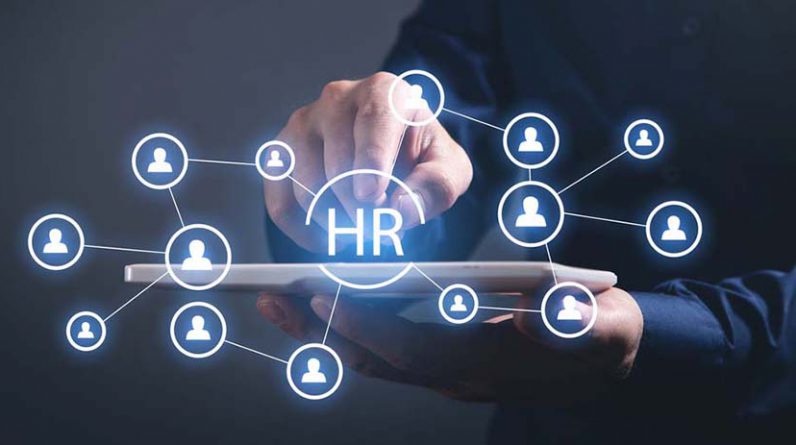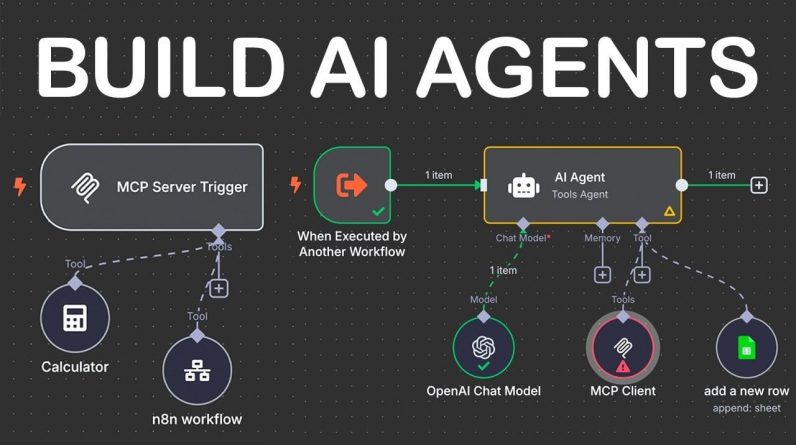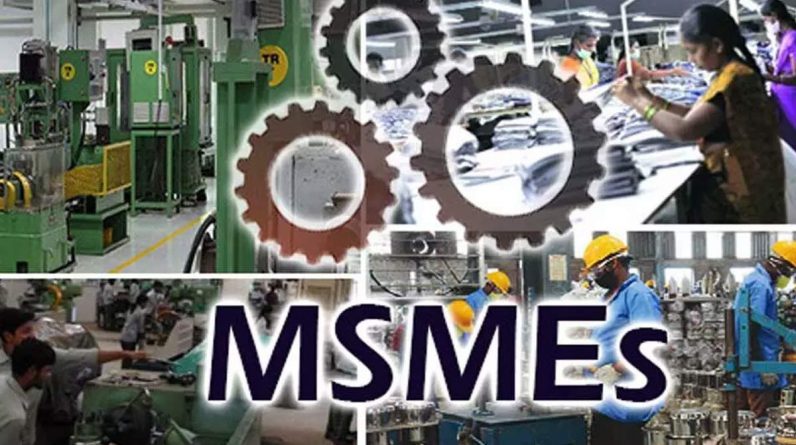LALAL.AI is back with Voice Changer, a slick new AI algorithm that gives you access to famous voices for your songs. Is this the dawning of a new era? We check it out.
You may have heard of LALAL.AI. The software developers are probably best known for their stem separation technology, which we checked out here and here. LALAL.AI makes not only products for end users but also provides the algorithms for developers to use in their own tech.
LALAL.AI Voice Changer
Now the company is back with LALAL.AI Voice Changer. In their words, it’s “a tool that uses artificial intelligence algorithms to modify the sound of a person’s voice.” Basically, it allows you to change one voice into a famous one, modifying pitch, tone, timbre and other characteristics.
Exciting stuff for sure, but how can this benefit music producers? And what do producers need to be wary of when making use of a service like LALAL.AI Voice Changer? Let’s get into it.
In the immortal words of AI Tupac, “You seem a little nervous about all the publicity
The State of Voice AI
Voice AI is a wild thing right now. Ever since Ghostwriter used voice AI to virtually pair up Drake and The Weekend, there’s been a high novelty factor surrounding the emerging technology.
Things have reached something of a fever pitch recently with the real Drake employing voice AI to resurrect Tupac for his Kendrick Lamar-baiting “Taylor Made Freestyle.” Things have gotten really hot with the estate of Tupac Shakur threatening legal action. Even the US Congress is now involved. In the immortal words of AI Tupac, “You seem a little nervous about all the publicity.”
And in the pop world, a proliferation of songs featuring AI-generated versions of Taylor Swift’s voice caused Universal Music Group to pull its catalogue from TikTok for a bit.
Not all releases featuring voice AI are controversial. UK indie band Breezer used AI voice technology to change its own vocals to that of Liam Gallagher, effectively making a new Oasis album. Liam apparently loved it, tweeting, “Mad as f*ck I sound mega.” In short, the proponents of voice AI are as numerous as the detractors. Love it or hate it it’s here to stay.
Voice AI And Dance Music
Rap beefs and Brit pop revivals are entertaining and all but how can we apply voice AI and a service like LALAL.AI Voice Changer to dance music production?
In the same way that dance music producers have been sampling acapellas since the 1980s, voice AI provides a new way to incorporate vocals into songs. Back in the day, 12” singles often featured acapella versions of songs along with extended remixes and bonus beats. Bootleggers would collect acapellas onto single vinyl releases, providing an easy way for DJs and producers to get access to vocals. It’s why early house and rave records are full of samples of artists like Peech Boys and Crystal Waters.
Now, with AI technology, producers don’t even need acapellas. Throw an old disco track into a stem splitter, isolate the vocals, drop it into a voice AI program like LALAL.AI Voice Changer and presto: instant diva vocals.
The chance for abuse is high. This could very well lead to an over-saturation of certain artists’ voices appearing on records. The legalities are also something of a sticky situation. But then again, the use of acapellas has always been technically ‘wrong’. Let’s proceed with taste rather than novelty in mind.
Now, with AI technology, producers don’t even need acapellas. Throw an old disco track into a stem splitter, isolate the vocals, drop it into a voice AI program like LALAL.AI Voice Changer and presto: instant diva vocals
LALAL.AI Voice Changer In Use
Let’s see how to use LALAL.AI Voice Changer to make our own unique acapella to use in a track.
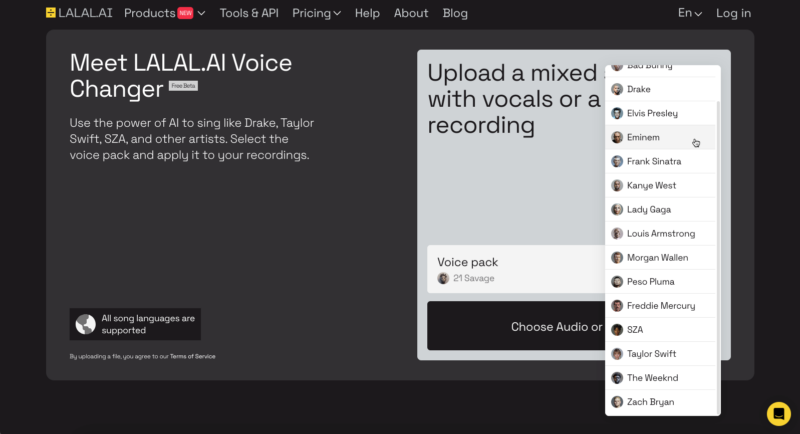 Upload your original audio in LALAL.AI Voice Changer
Upload your original audio in LALAL.AI Voice Changer
LALAL.AI Voice Changer is currently in beta. LALAL.AI have made the service completely free so you can try it out as much as you like. Even better, finished audio gets exported as a WAV making it all the better to use in a song.
Start by heading to the LALAL.AI Voice Changer page and uploading a piece of audio. You can upload audio or video files, with MP3, OGG, WAV, FLAC, AVI, MP4, MKV, AIFF and AAC formats all supported. You don’t even have to use an isolated vocal stem – the algorithm is able to imprint a new AI voice onto any vocal, even in a mixed song.
Now the fun part: choose the AI voice pack that you want to perform your song. There are currently 16 voice personalities available, ranging from rappers like Kanye West, Drake and Eminem to pop stars like Taylor Swift, Bad Bunny and SZA. There are even a few classic vocalist soundalikes such as Elvis Presley and Frank Sinatra.
The Beatles Vs Eminem
Seeing that you can use already mixed songs, we start with ‘Penny Lane’ by The Beatles just to hear how it works. We choose Eminem as our target voice.
The whole process is exceedingly easy. Just upload the audio or video file and it generates a preview. If you like it, download it. That’s it.
Keep in mind that generating the preview takes a little time. You also can’t adjust the new audio other than volume (at least for now). Uploading high-quality audio will generate the best results. LALAL.AI recommends clean audio with little to no background noise, a high sample rate of 44.1kHz or 48kHz plus a high bit depth, preferably 24 bits or better.
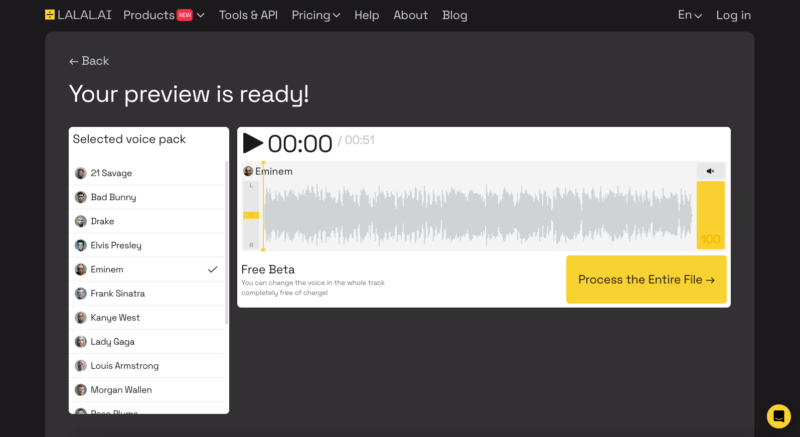
 Preview your new audio in LALAL.AI Voice Changer
Preview your new audio in LALAL.AI Voice Changer
To get our audio, we rip ‘Penny Lane’ playing from Apple Music and record it straight into Logic Pro 11 via the loopback function in Focusrite Control. We then bounce it out as a 44.1kHz/24-bit WAV file and upload it to LALAL.AI, choosing Eminem as our vocal pack.
Here’s what we get:
You don’t often get to hear Slim Shady singing – and especially not in a British accent. With Eminem, you might closer results with rap delivery, but we’re trying to see just how far this can go.
Just for fun, we try the same audio again, this time with Freddie Mercury as the vocal pack. On first listen, it wouldn’t be incredibly obvious its the legendary Queen front man, but it’s certainly emphasising his famous, stadium filling vibrato.
Here that is:
AI in music is here to stay. It’s an exciting and fast growing sector of music production that will only become more so as technology improves. Today, we’re training AI on famous singers. Tomorrow, it may very well be vintage synthesizers and guitars.
Bespoke Acapella
Next, we get to work making a custom acapella.
We start with an acapella of Crystal Waters’ classic ‘Gypsy Woman (She’s Homeless)’. This is from YouTube video taken off a CD from 1991. Again, we rip it to Logic and export it at a high quality.
We follow the same steps as above with The Beatles, but this time, we choose Lady Gaga as the voice pack. Interestingly, the algorithm erases the reverb and delay in the source recording.
Here’s the new version with Lady Gaga vocals:
Finally, we drop the new Gaga Woman audio into Ableton Live to use as if she’s replacing Crystal Waters (heaven forbid but you get the idea where all this is heading).
Here’s what that sounds like:
Final Thoughts: Sampling 2.0
LALAL.AI Voice Changer is ridiculously easy to use. It also sounds very good. It’s easy to see how services like this will upend music production. We’re definitely on the precipice of a big change in the way we make music, much like when sampling first arrived in the 1980s. With AI, we’re on the precipice of change in society, not just music.
However, just as with sampledelic records of the late 1980s, jam-packed with samples from old funk and soul records, there will probably be a lot of bad music released. There will, however, undoubtedly also be some real winners.
Voice AI is not something to fear in and of itself. It’s a tool to be embraced, just like synthesizers, drum machines and samplers before it. All of these were criticized and doubted in some capacity but ultimately, all they’ve done is add to the music producers’ toolkit.
Of course, we will need to be careful when releasing music with AI voices. Much like sampling, AI voice technology raises all kinds of thorny legal issues around ownership and identity. Our advice? Use common sense and tread lightly. AI voice technology is great for exclusive VIPs for your DJ sets, but not so great for commercial releases.
AI in music is here to stay. It’s an exciting and fast growing sector of music production that will only become more so as technology improves. Today, we’re training AI on famous singers. Tomorrow, it may very well be vintage synthesizers and guitars.
Find out more about LALAL.AI and try it for free.
Follow Attack Magazine
Related
Adam Douglas
16th May, 2024


